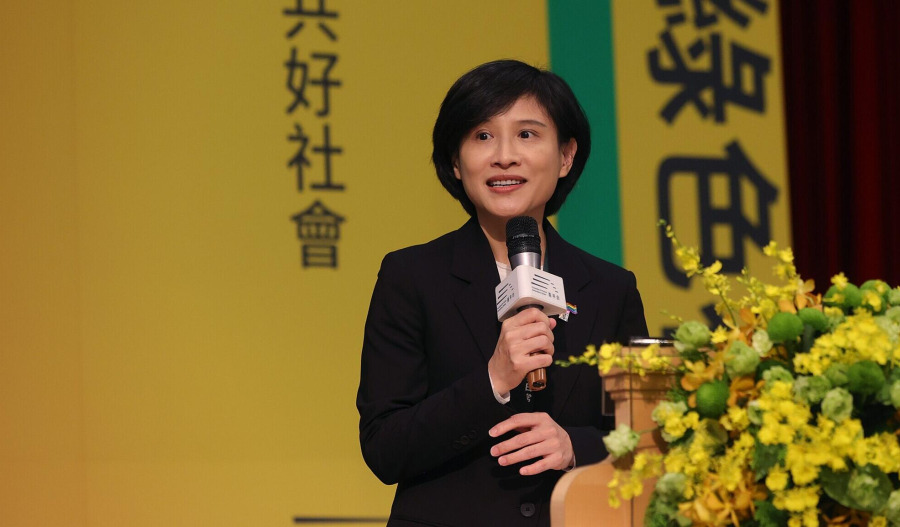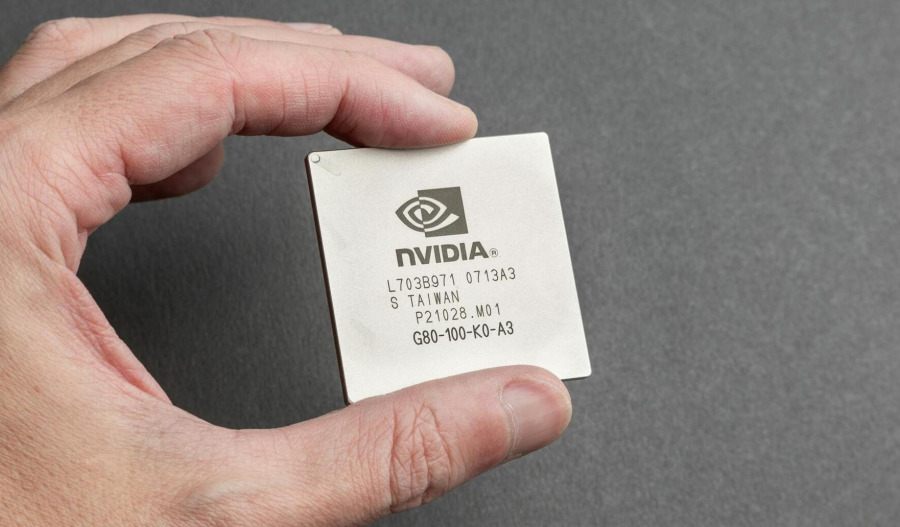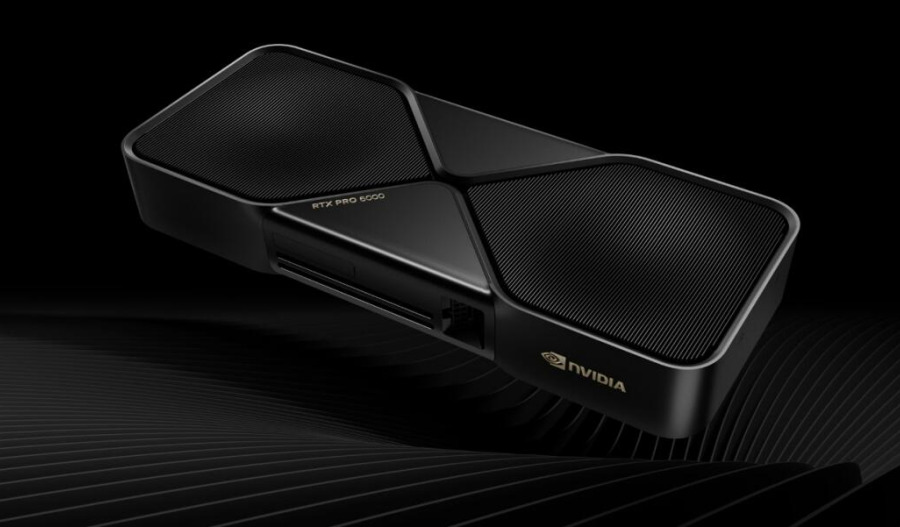The largest United States-based manufacturer of chip production machinery, Applied Materials, has forecast a US$710 million hit to its revenue from new restrictions on exports to China.
A rule issued by the U.S. Bureau of Industry and Security (BIS) on 29 September expanded the U.S.’ export blacklist to include majority-owned subsidiaries of the companies on the list, with Chinese businesses set to be heavily affected.
“Applied Materials, Inc. expects that the BIS Affiliates Rule will further restrict its ability to export certain products and provide certain parts and services to specific China-based customers without a license,” the company wrote.
“Applied currently estimates that the impact of the BIS Affiliates Rule will reduce its net revenue for the fourth quarter of fiscal 2025 by approximately $110 million. In addition, Applied currently expects that the impact of the BIS Affiliates Rule will reduce its net revenue for fiscal 2026 by approximately $600 million.”
The Chinese market represented 35% of Applied’s revenue in the July quarter. Its August revenue projection for this quarter, which had assumed export licences would be restricted, was around $630 million below LSEG estimates.
The BIS’ blacklist includes businesses it believes may pose a threat to the U.S.’ national security interests.
Listed companies have additional licence requirements to receive U.S. exports, with limited exemptions.
Around 1,100 of the roughly 3,400 entities on the export blacklist are based in China, according to the Center for a New American Security think tank.
Applied Materials’ (NASDAQ: AMAT) share price closed at $217.53, down from its previous close at $223.59. Its market capitalisation is $173.29 billion.
Related content



